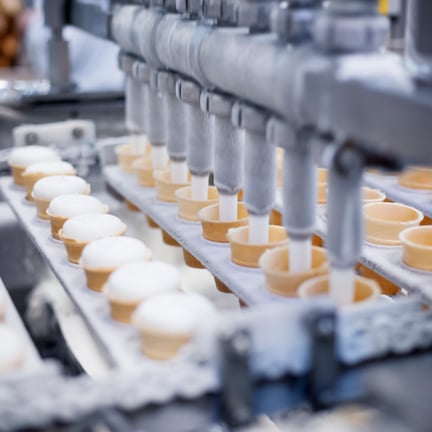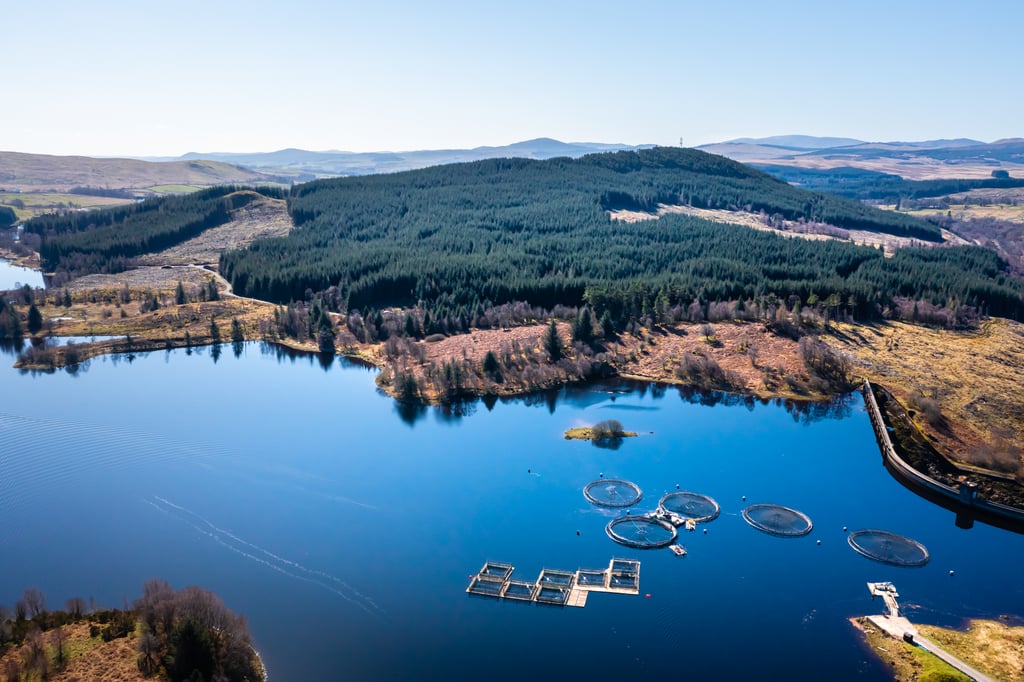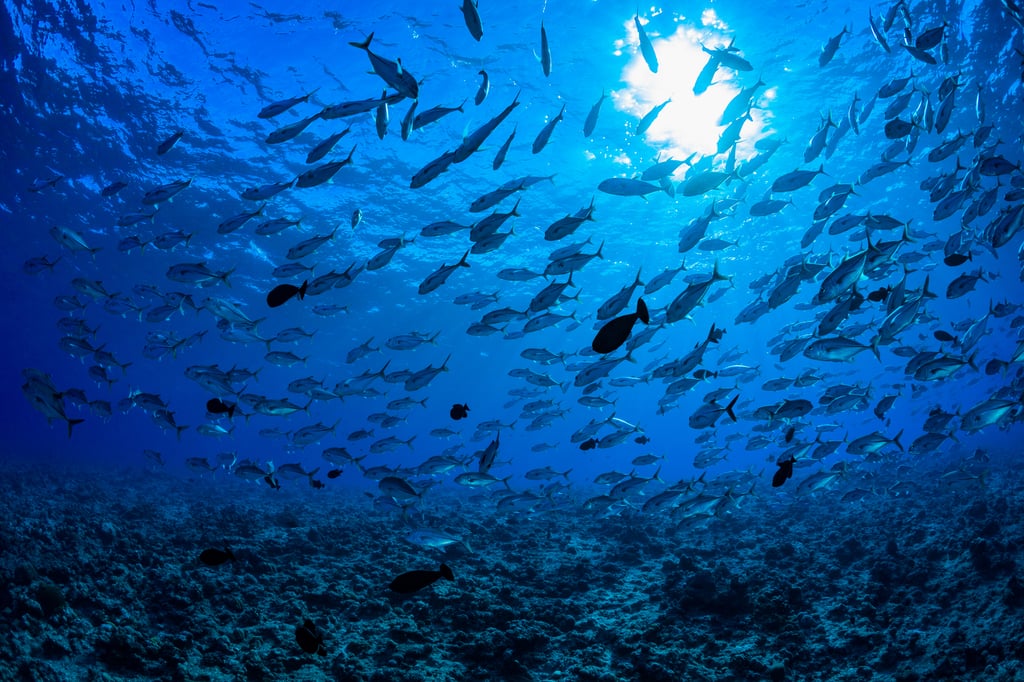With more LRQA people on the ground delivering seafood services than ever before, our voice on aquaculture Paul Macintyre discusses the five biggest challenges for businesses – and what might be done to tackle them.
1. Audit burden
One of the biggest challenges for farmers is audit management. With typically 250 to 350 audit points, the onsite audit time can easily extend into a second day, particularly if offshore facilities have to be visited or the boundaries of a large shrimp farm have to be assessed. Our auditors often deliver audits to multiple standards in one visit, a challenging task to achieve in one day. We are involved in ongoing discussions with ASC, BAP and GLOBALG.A.P. regarding the options in agreeing on a core standard that forms baseline criteria across all three standards. LRQA is also exploring the possibility of remotely reviewing documents and records before the onsite audit via online document repositories or cloud-based data exchanges. In the meantime, my advice to farms is to invest in carrying out a thorough self-audit so that the location of files and documents relevant to the audit are known and easily available when our auditors are onsite.
2. Customer demands
Food safety can be compromised by residual chemicals, pollution, pathogens, loss of traceability, unhygienic practices, mislabelling and fraud, all of which are audit points in aquaculture standards. Farmers producing ‘higher-risk’ products usually require to be certified against several standards if they want to export their products to larger retail customers. Chances are they will need BAP if they are selling into the USA; GLOBALG.A.P. for Europe and ASC if their customer demands a high level of environmental and social compliance; and in some cases, all three. In addition to the proposed core standard, I believe that retailers might follow Tesco’s lead and introduce add-on modules to existing standards when they wish additional criteria to be audited. The Tesco add-on to the GLOBALG.A.P. standard is an example of what can be done to avoid two separate farm visits.
3. Cost of compliance
Ensuring an ethical working environment is one of the big issues in the fishing and aquaculture industry at the moment – and one which has received widespread media attention. The three main standard owners have adopted higher level social requirements to address these concerns and their standards now reflect this. This initiative is also supported by retailers who are strong social compliance advocates. The addition of social audit and health and safety criteria, of course, adds to the costs – higher wages for example, or new equipment that is purchased to comply with health and safety requirements. Additional to this is the increased cost of managing and maintaining compliance.
4. Demand for transparency
Audit results are available for public viewing. For example, ASC publicly announces both certified companies and audit findings on its website – so if you’re not certified, you’re working through non-conformities or you failed the audit, your status is visible to customers and the public. The comprehensiveness of the ASC audit means key stakeholders are also invited to comment so it raises awareness that the audit is taking place and gives people such as local governments and communities the opportunity to voice their opinions. While most stakeholders are supportive, there are occasionally concerns raised which expert auditors can help address.
5. Preparing for the future
Our biggest challenge is how we increase food production in aquaculture to help alleviate the food crisis caused by a growing population. As wild fish catches decline, aquaculture production must more than double to meet a projected 58% increase in fish consumption between 2010 and 2050. Waterbodies across the planet require critical management to ensure a sustainable food source for the future, this will require engagement with small scale aquaculture farmers who may not have drivers for certification but wish to feed their grandchildren. Their sponsorship through Aquaculture Improvement Projects (AIPs) will help implant sustainable farming practices that will carry them into the future.






